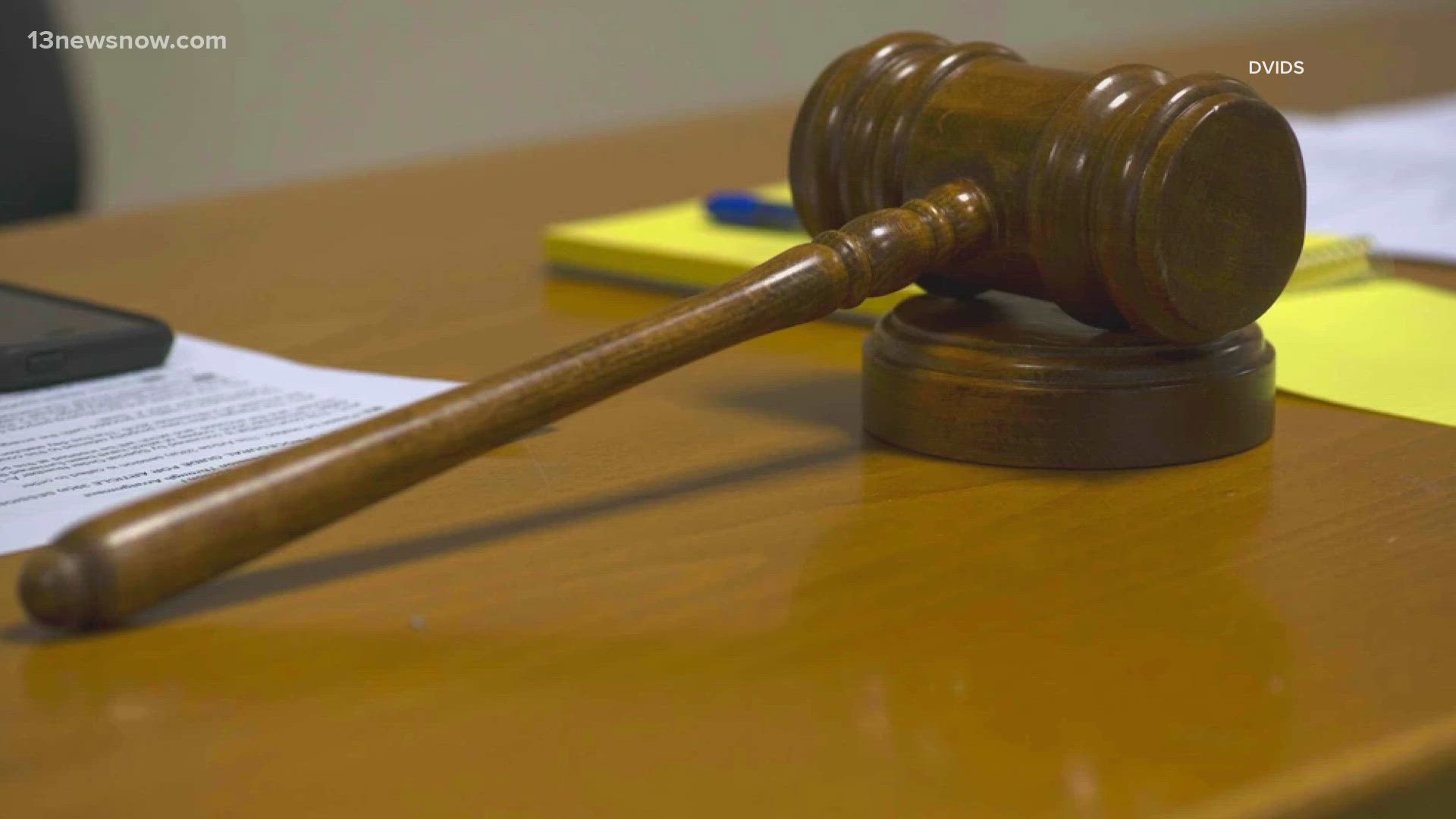WASHINGTON, D.C., USA — Under the Uniform Code of Military Justice, when sailors and Marines get into legal trouble while at sea on an embarked vessel, commanding officers have the authority to invoke a process that dates back to 1962 known as the "vessel exception."
Under it, the accused has no right to refuse non-judicial punishment or demand a court-martial trial and consult with counsel.
A new report from the Government Accountability Office finds that the Navy and Marine Corps need to improve oversight of the use of the vessel exception.
The GAO says data on the use of the vessel exception may be inaccurate and incomplete due to human error and because the services don't have an automated process to record the information.
As a result, the GAO report warns, a service member's career can be stigmatized by a record of non-judicial punishment-- which can lead to involuntary separation with less than an honorable discharge.
"It's a minor offense, but it can still follow them, and it can impact promotions. It can impact career decisions for them. For an officer, of an officer receives non-judicial punishment, that's the end of their career," said GAO Defense Capabilities and Management team Director Brenda Farrell.
In an interview with 13News Now, Farrell noted notes that the Navy and Marine Corps are in the process of refining guidance to address the use of the vessel exception.
"It's commendable that they've been trying to clean up the data, but they still have a ways to go," she said.

